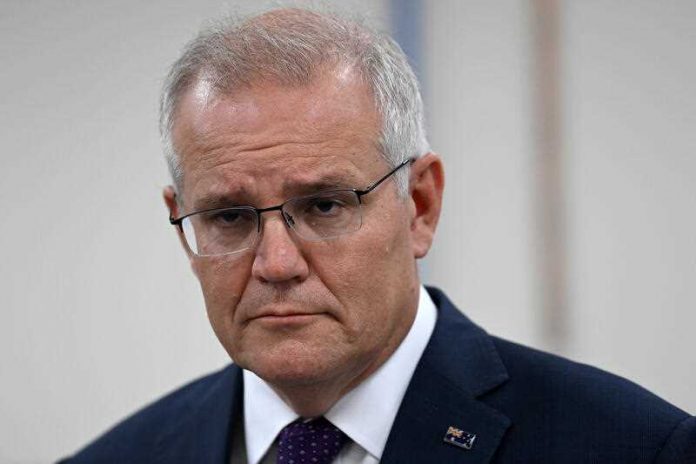The great political slugfest has begun.
We are being sent to the polls next month to choose the person we want to speak for us in Commonwealth Parliament and make laws that we must all live by, like them or not.
But even before the boxing match properly starts, there is a palpable malaise and cynicism about our decision makers of all labels and leanings.
We are tired of it before it has even begun.
While this has been blamed on politicians seemingly perpetually campaigning, dangling shiny, short-term things in the hope they catch our eye, I contend the real reason is that none — not a single one — of our political leaders truly inspires us.
They tell us what they would do if we choose them. They tell us how they would do it.
But the reason we feel so ho-hum when we should feel excited about the future they will build for us is that they do not give us their ‘why’.
The ‘why’ is imperative.
It is as important as the ‘what’ and the ‘how’.
The ‘why’ is what inspires people to rally behind a cause, to sit tight in a job when times are tough and to stick with a relationship when it falters.
Help keep independent and fair Sunshine Coast news coming by subscribing to our free daily news feed. All it requires is your name and email. See SUBSCRIBE at the top of this article.
Top coaches use it to help motivate great athletes to become champions. Good counsellors use it to help a stuck person tackle their sticky problem. And strong leaders use it to galvanise support that lasts beyond the next opinion poll.
It is one of the key questions in any job interview: why do you want to work here? The query plumbs whether the applicant has any understanding of the employer’s mission. It checks whether the applicant has any sense of the company’s culture and ethos.
An answer about the concrete — the appealing salary, the company’s cutting-edge product, the qualifications you have — is not going to land you the job.
Politicians need to ditch the pick-on-the-other-guy and this-I-am-going-to-do-for-you-so-feel-grateful model and give us their ‘why’.
What are their core values, beyond their political party affiliations? What is their motivation for spending this money on that thing or planning this change for that group?
A Harvard Business Review article in 2020 on leadership through a time of exponential change contended that so-called sapient leadership brought openness, humility and authenticity to the fore, pointing out that the days of the “leader as hero” model are over.
It suggested, critically, that shared values and setting up continuous learning teams was vital. A good leader is no longer someone who does it all, but one that engenders trust and builds a team.
We are bereft of such inspiring examples among our political parties.
More than a decade ago, a book called Start with Why: How Great Leaders Inspire Everyone to Take Action introduced a new leadership model. Supported by a TedX talk that went gangbusters, author Simon Sinek compared the two main ways to influence human behaviour: manipulation and inspiration. He argued that inspiration was the more powerful and sustainable of the two and millions of businesspeople agreed.
The ripple effects last longer when people are moved rather than manipulated because they are carried by belief rather than lured by temptation.
Please, please give us some of that.
Jane Stephens is a USC journalism lecturer, media commentator and writer. Her PhD investigated political communication. The views expressed are her own.





